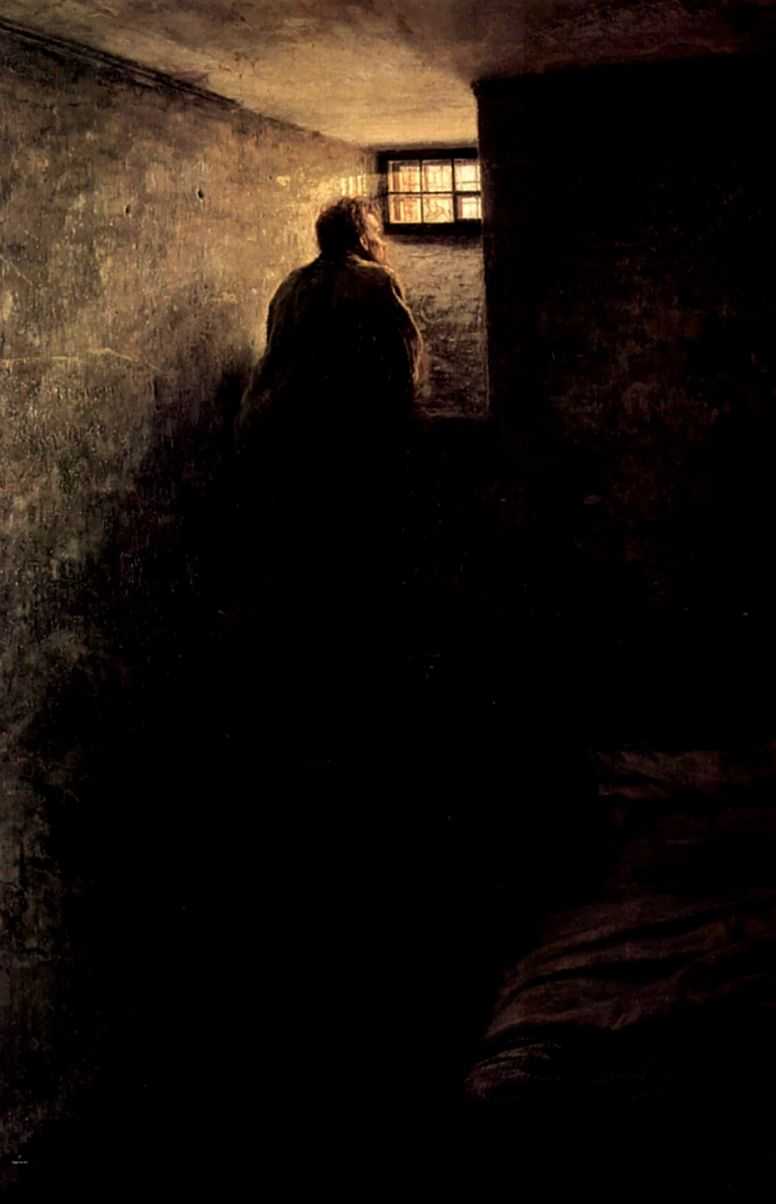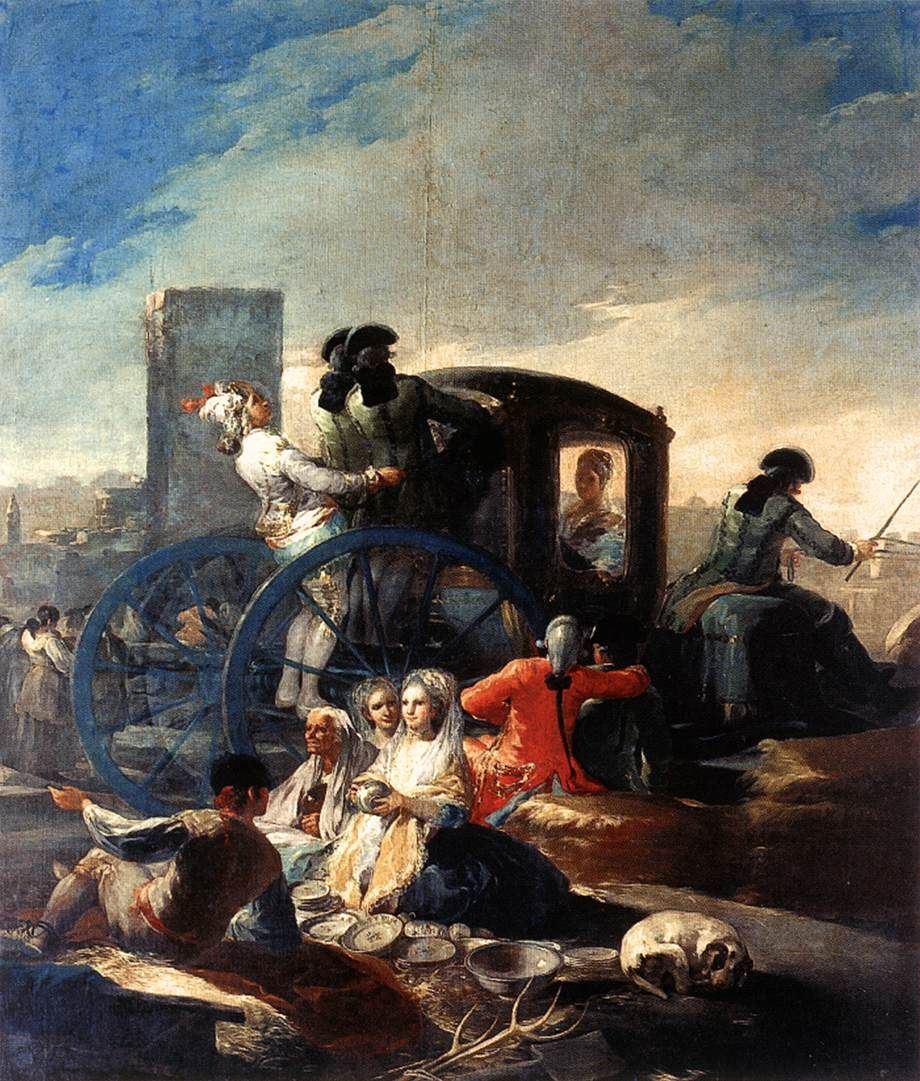561
Fernando Álvarez de sotomayor y Zaragosa (1875-1960). Pintor español.
Fiesta de Santa Filomena
Yo
mido toda Pena que me encuentro
Con
Ojos inquisidores y atentos—
Me pregunto
si pesa como pesa la Mía—
O si
es de tamaño Llevadero.
Me
pregunto si la sobrellevaron largo tiempo—
O si
es muy reciente—
Yo no
sabría decir la Fecha de la Mía—
La siento
tan antigua—
Me
pregunto si es doloroso estar vivo—
Y si
Ellos han de hacer la prueba—
Y si—pudiendo
elegir—
No
elegirían—morir—
Advierto
que Algunos—con acopio de paciencia—
Al
cabo, renuevan la sonrisa—
Imitación
de una Lámpara
A la que queda ya muy poco Aceite—
Me
pregunto si transcurridos largos Años—
Miles—
que se acumulan en la Herida—
Que
les dolió muy pronto—el lapso
Puede proporcionar un Bálsamo—
O si
seguirían sintiendo aún el dolor
Tras
Siglos en el Nervio—
Iluminados
a un Dolor más grande—
Que Contrasta
con el Amor—
Los
Apenados—son muchos—me dicen—
Las
Causas muy diversas—
La Muerte—es
una—y llega sólo una vez—
Y
cierra con un clavo los ojos—
Hay
un dolor que es de Carencia—y un dolor de Frío—
Una
clase que llaman « Desesperación »—
Hay
un Destierro que te Aleja de los Tuyos—
Aun
pudiendo respirar el Aire Propio—
Y
aunque no logro adivinar la especie—
Sin Error—aun
para mí
Supone
un penetrante Alivio
Al pasar
el Calvario—
Reconocer
las formas—de la Cruz—
Los
modos de llevarla—
Y aún
me fascina suponer
Que Algunos—se
asemejan al Mío—
(Traducción:
Amalia Rodríguez Monroy)
I measure every Grief I meet
With narrow, probing, Eyes—
I wonder if It weighs like Mine—
Or has an Easier size.
I wonder if They bore it long—
Or did it just begin—
I could not tell the Date of Mine—
It feels so old a pain—
I wonder if it hurts to live—
And If They have to try—
And whether –could They choose between—
It would not be—to die—
I note that Some—gone patient long—
At length, renew their smile—
An imitation of a Light
That has so little Oil—
I wonder if when Years have piled—
Some Thousands—on the Harm—
That hurt them early—such a lapse
Could give them any Balm—
Or would they go on aching still
Through Centuries of Nerve—
Enlightened to a large Pain—
In Contrast with the Love—
The Grieved—are many—I am told—
There is the various Cause—
Death—is but one—and comes but once—
And only nails the eyes—
There´s Grief of Want—and Grief of Cold—
A sort they call «Despair»—
There´s Banishment from native Eyes—
In sight of Native Air—
And though I may not guess the kind—
Correctly—yet to me
A piercing Comfort it affords
In passing Calvary—
To note the fashion—of the Cross—
And how they´re mostly worn—
Still fascinated to presume
That Some—are like My Own—









